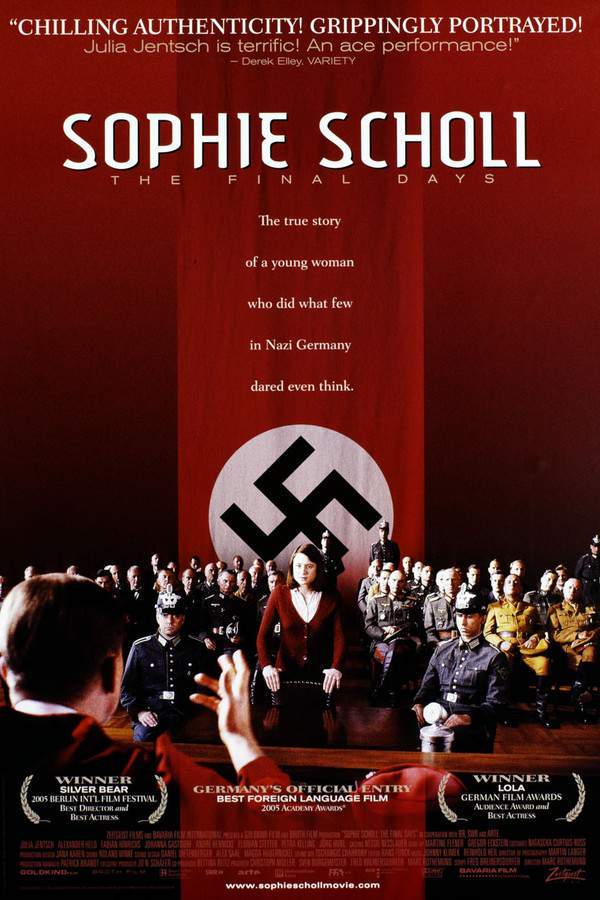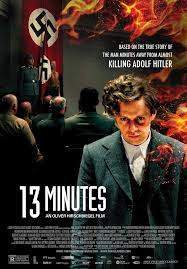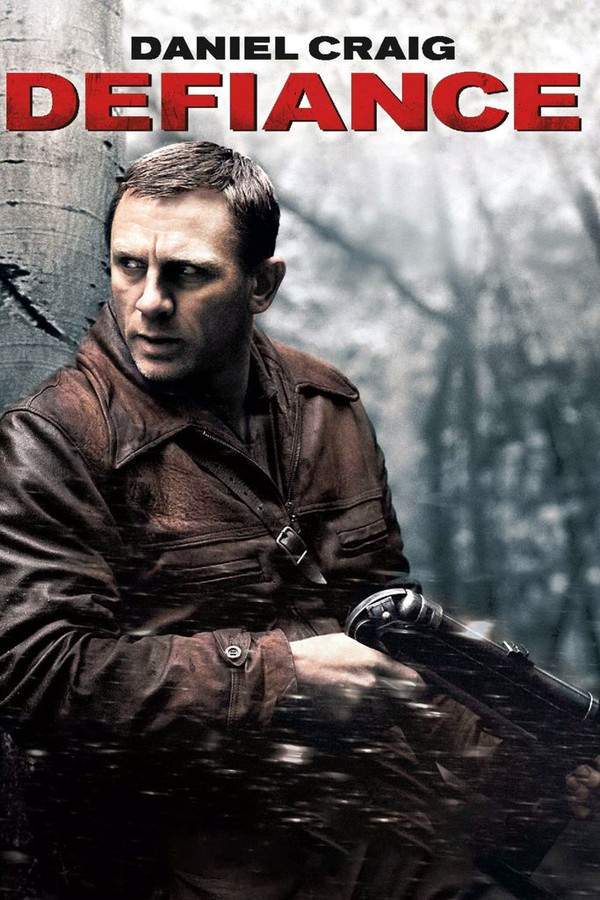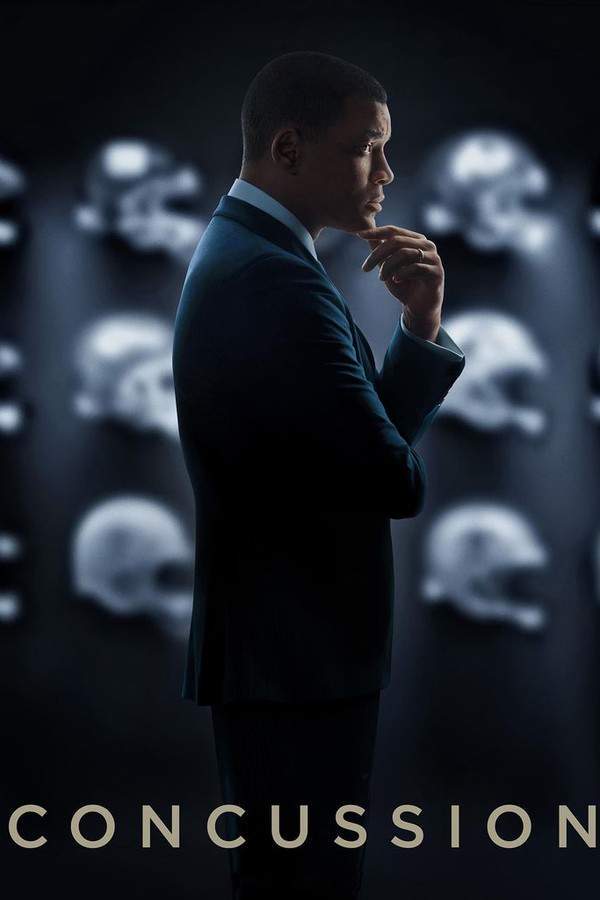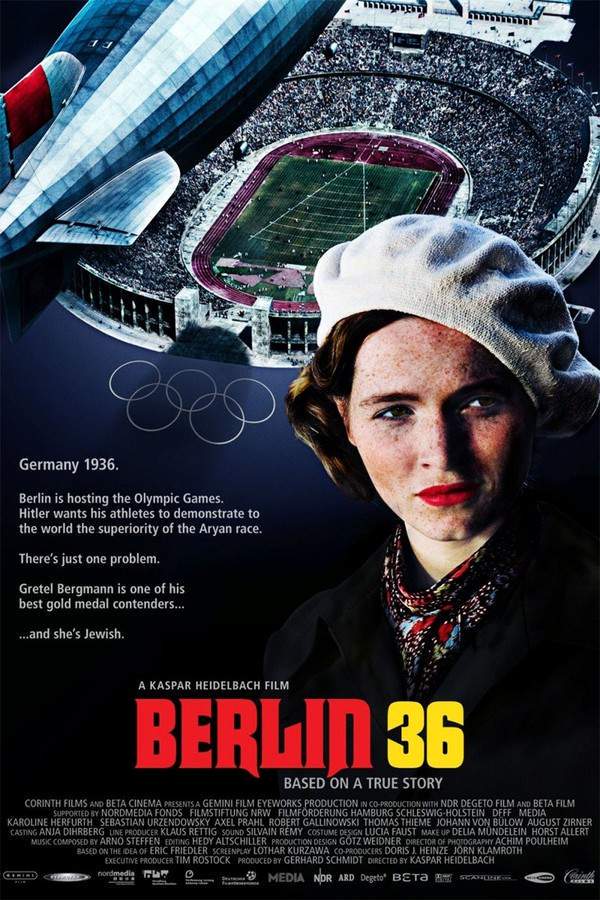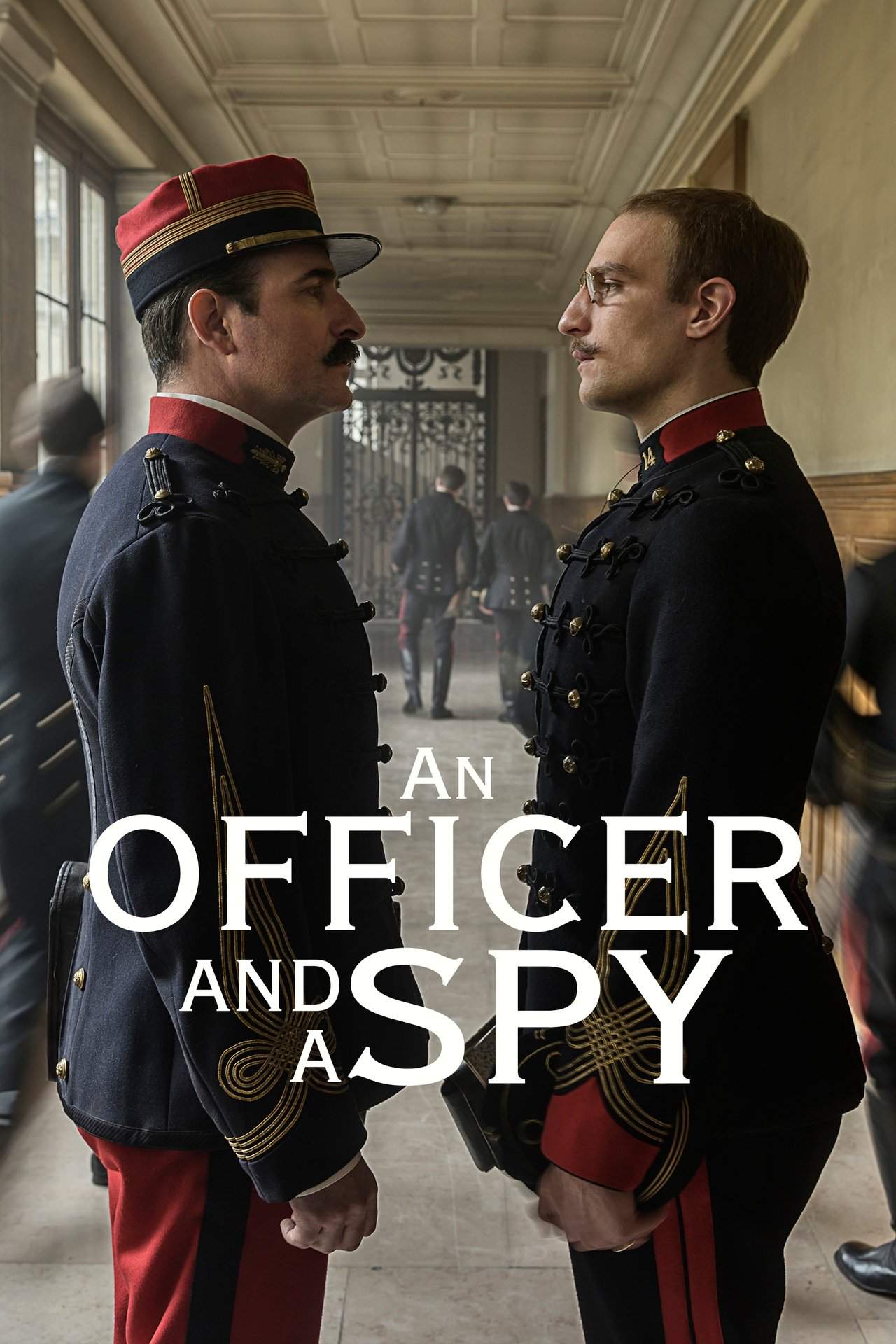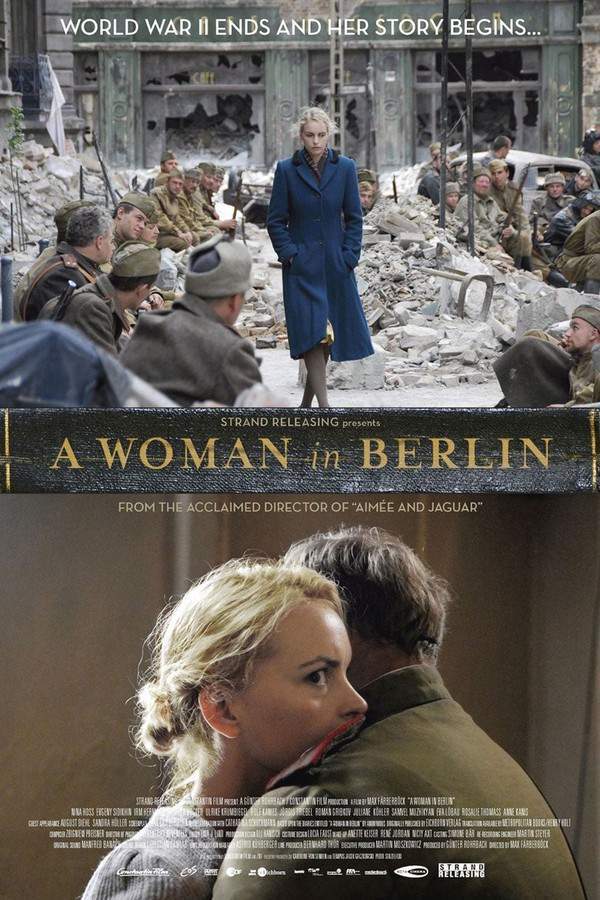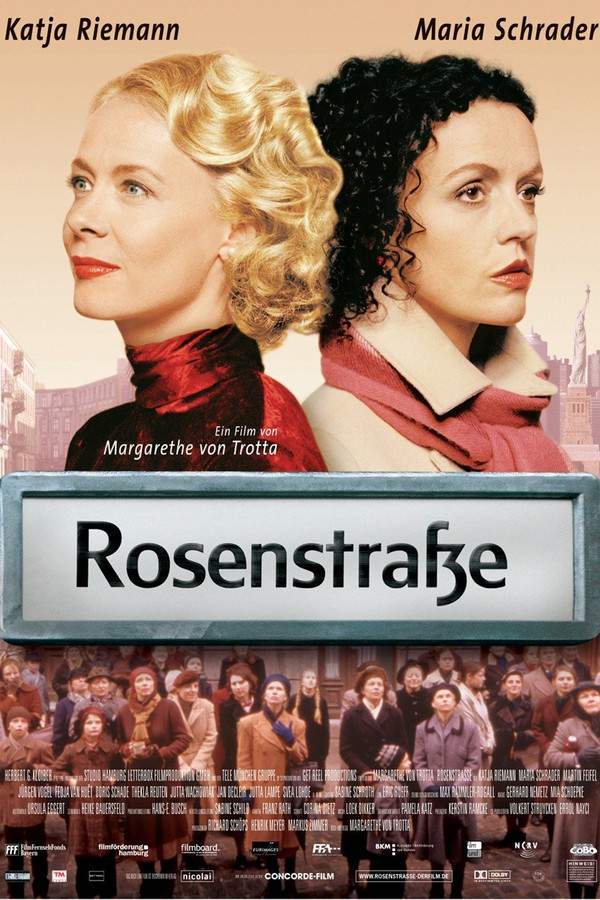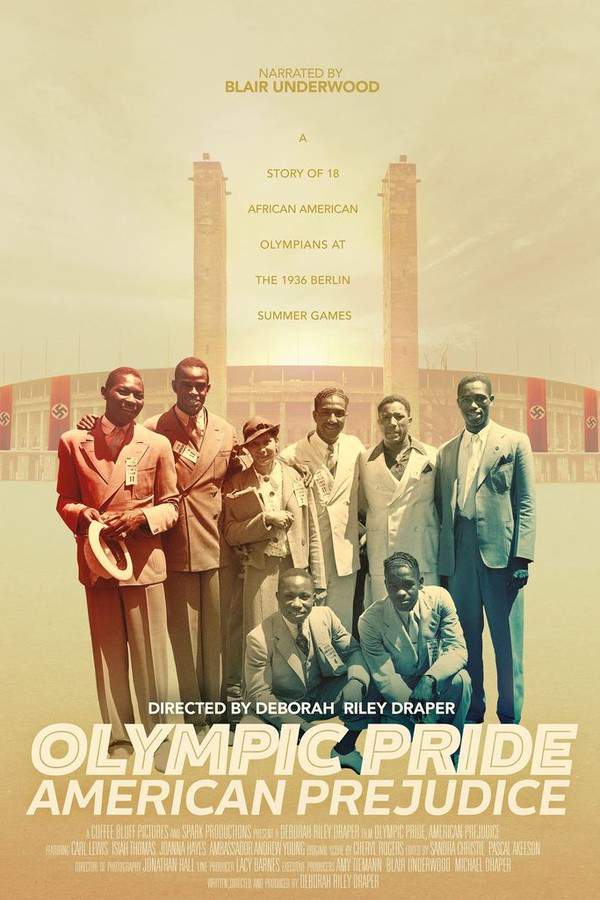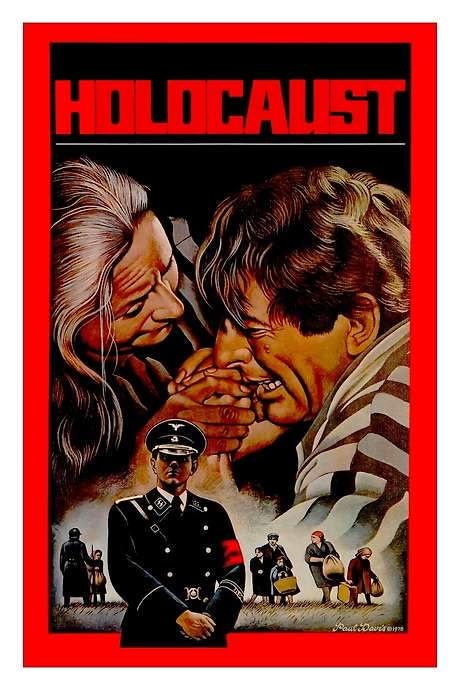
Berlin ’36
Year: 2009
Runtime: 100 mins
Language: German
Director: Kaspar Heidelbach
Set in Nazi Germany in 1936, the film follows Jewish high‑jumper Gretel Bergmann, a leading Berlin Olympic hopeful. The regime replaces her with Dora Ratjen, later revealed to be male. Based on true events, the story sparked debate after Der Spiegel cited records that officials learned Ratjen’s sex only in 1938. It premiered in Germany on 10 September 2009.
Warning: spoilers below!
Haven’t seen Berlin ’36 yet? This summary contains major spoilers. Bookmark the page, watch the movie, and come back for the full breakdown. If you're ready, scroll on and relive the story!
Berlin ’36 (2009) – Full Plot Summary & Ending Explained
Read the complete plot breakdown of Berlin ’36 (2009), including all key story events, major twists, and the ending explained in detail. Discover what really happened—and what it all means.
Gretel Bergmann Karoline Herfurth is introduced as a standout high jump athlete who, because she is Jewish, must leave Germany for safety and to continue her training in England. Her early success is clear when she wins the high jump championship in the United Kingdom, a victory that underscores both her talent and the growing risk she faces back home under Nazi racial laws. The film traces how her path is shaped not only by sport but by a political climate that seeks to control who is allowed to compete on the world stage.
At the Berlin Olympics in 1936, the tension around Jewish athletes becomes acute. The Americans and the International Olympic Committee push for inclusion, challenging the Nazi-led Olympic Committee to avoid excluding a celebrated athlete like Bergmann. The idea that a Jew could win on the Olympic stage would strike a powerful blow to Nazi optics, placing Gretel and her abilities at the center of a political firestorm. When threats ominously loom over her family in Germany, Gretel makes the difficult decision to return home, where she is nonetheless included in the German Olympic high jump team and granted a place at the training camp, seemingly granting her equal rights among her peers.
The team’s coach, Hans Waldmann [Axel Prahl], approaches Gretel with a genuine sense of sportsmanship and an unwavering belief in fair play. He treats her advancement as a matter of athletic merit rather than ideology, which earns her respect and a sense of belonging in those opening days of training. But the arc shifts when Nazi party officials intervene and replace Waldmann with Sigfrid Kulmbach [Robert Gallinowski], a coach whose loyalty to party lines complicates the dynamic. Kulmbach brings a harsher, more ideological approach, and he uses every available tactic to undermine Gretel’s confidence and derail her progress, turning the training camp into a field of political pressure rather than pure athletic pursuit.
Complicating matters is Marie Ketteler [Sebastian Urzendowsky], Gretel’s roommate and chief competitor in talent. Behind her seemingly ordinary facade lies a carefully crafted deception: Marie is not who she appears to be, and the Nazis see in her a vehicle to seize the gold medal and showcase their dominance. The film builds a tense, fraught dynamic between the two rivals, as outside threats loom while a fragile, genuine friendship begins to form between them despite the oppressive environment and the pressure of expectations.
As the Games near, Gretel’s status is suddenly revoked under suspicious grounds, and she is replaced by Marie in the competition. The shift exposes the heavy-handed manipulation taking place behind the scenes, with Gretel excluded at a pivotal moment when her presence could challenge the state’s narrative. Marie’s odd behavior—avoiding baths with teammates, shaving her legs obsessively, and speaking in a notably deep voice—becomes a clue to the truth behind her identity, and Gretel gradually pieces together the reality of Marie’s covert purpose.
In a pivotal turn, Marie discovers that Gretel was excluded not because of performance, but because of the regime’s need to control the narrative. Faced with the moral weight of the situation, Marie makes a startling choice: she deliberately loses the final and decisive leap, altering the outcome of the competition. The bar’s dislodgment leaves the Nazi officials dumbstruck and forces a reevaluation of what victory means under an oppressive regime. Marie finishes in fourth place, and Gretel, watching as a spectator, shares a quiet, knowing smile with her rival. Their shared moment signals a subtle victory—their stand against the cruelty and manipulation of the Nazi agenda, and the demonstration that integrity in sport can outlast a regime bent on spectacle and control.
Last Updated: October 09, 2025 at 11:02
Explore Movie Threads
Discover curated groups of movies connected by mood, themes, and story style. Browse collections built around emotion, atmosphere, and narrative focus to easily find films that match what you feel like watching right now.
Movies about quiet defiance like Berlin ’36
Personal acts of courage challenge systems of power, where victory is measured in integrity.Discover movies like Berlin ’36 that explore themes of personal resistance under oppressive political systems. If you enjoyed the story of moral courage and subtle defiance against the Nazi regime, you'll find similar narratives in these films that focus on quiet acts of integrity.
Narrative Summary
Stories in this thread typically follow a principled individual navigating a corrupt or authoritarian system. The central conflict is between personal integrity and systemic pressure, often resolved not by overthrowing the system, but by making a stand that preserves the protagonist's soul. The journey is internal as much as external, focusing on the cost and reward of staying true to one's values.
Why These Movies?
These films are grouped together because they share a core theme of non-violent, personal resistance. They create a similar mood of tense, somber defiance, where the pacing is steady and the emotional weight is heavy. Viewers are drawn to the profound moral choices faced by characters in impossible situations.
Political sports dramas similar to Berlin ’36
Where the playing field becomes a stage for larger societal conflicts and moral struggles.If you liked the tense political backdrop of Berlin ’36 and its focus on athletic integrity, explore these similar movies. Find other sports dramas where the game is intertwined with heavy historical or social conflict, creating a somber and thought-provoking viewing experience.
Narrative Summary
The narrative pattern involves athletes who are thrust into political arenas, their personal struggles and achievements magnified by the societal forces at play. The plot often follows their training and competition, but the real drama unfolds in the clash between pure sportsmanship and external ideological pressures. The endings are frequently bittersweet, balancing personal achievement with the unresolved weight of the larger conflict.
Why These Movies?
Movies in this thread are connected by their unique blend of sports narrative and serious political or historical drama. They share a specific mood—oppressive, tense, and somber—with a steady pacing that builds psychological pressure. The experience is defined by watching human spirit and athletic endeavor collide with uncompromising systems.
Unlock the Full Story of Berlin ’36
Don't stop at just watching — explore Berlin ’36 in full detail. From the complete plot summary and scene-by-scene timeline to character breakdowns, thematic analysis, and a deep dive into the ending — every page helps you truly understand what Berlin ’36 is all about. Plus, discover what's next after the movie.
Berlin ’36 Timeline
Track the full timeline of Berlin ’36 with every major event arranged chronologically. Perfect for decoding non-linear storytelling, flashbacks, or parallel narratives with a clear scene-by-scene breakdown.

Characters, Settings & Themes in Berlin ’36
Discover the characters, locations, and core themes that shape Berlin ’36. Get insights into symbolic elements, setting significance, and deeper narrative meaning — ideal for thematic analysis and movie breakdowns.

Berlin ’36 Spoiler-Free Summary
Get a quick, spoiler-free overview of Berlin ’36 that covers the main plot points and key details without revealing any major twists or spoilers. Perfect for those who want to know what to expect before diving in.

More About Berlin ’36
Visit What's After the Movie to explore more about Berlin ’36: box office results, cast and crew info, production details, post-credit scenes, and external links — all in one place for movie fans and researchers.

Similar Movies to Berlin ’36
Discover movies like Berlin ’36 that share similar genres, themes, and storytelling elements. Whether you’re drawn to the atmosphere, character arcs, or plot structure, these curated recommendations will help you explore more films you’ll love.
Explore More About Movie Berlin ’36
Berlin ’36 (2009) Scene-by-Scene Movie Timeline
Berlin ’36 (2009) Movie Characters, Themes & Settings
Berlin ’36 (2009) Spoiler-Free Summary & Key Flow
Movies Like Berlin ’36 – Similar Titles You’ll Enjoy
A Woman in Berlin (2009) Film Overview & Timeline
Rosenstrasse (2004) Plot Summary & Ending Explained
Summer in Berlin (2007) Plot Summary & Ending Explained
Olympic Pride, American Prejudice (2016) Plot Summary & Ending Explained
Berlin Blues (2003) Plot Summary & Ending Explained
Berlin Tunnel 21 (1981) Spoiler-Packed Plot Recap
The Berlin Affair (1985) Full Movie Breakdown
Berlin-Jerusalem (1989) Complete Plot Breakdown
Holocaust (1000) Plot Summary & Ending Explained
Somewhere in Berlin (1946) Complete Plot Breakdown
Das Wunder von Berlin (2008) Full Summary & Key Details
Berlin - Ecke Schönhauser… (1957) Story Summary & Characters
Olympia: Part One – Festival of the Nations (1938) Plot Summary & Ending Explained
Olympia: Part Two – Festival of Beauty (1938) Movie Recap & Themes
Triumph: Jesse Owens and the Berlin Olympics (2024) Film Overview & Timeline

